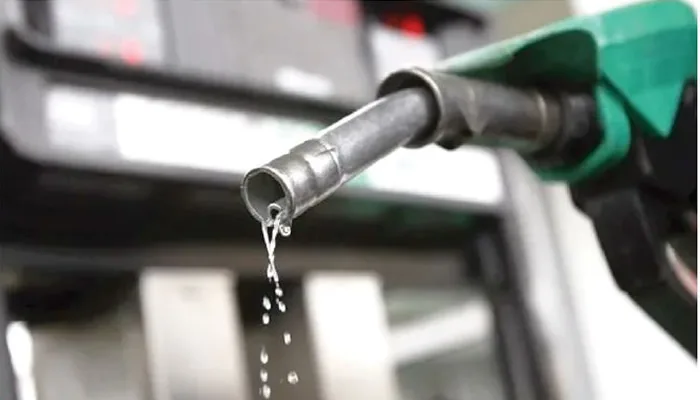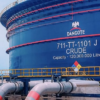The Federal Government has scheduled a national stakeholder forum for July 23 and 24, 2025, to address growing concerns over petrol pricing and supply in Nigeria’s deregulated downstream sector.
The summit, organised by the Nigerian Midstream and Downstream Petroleum Regulatory Authority (NMDPRA), will bring together government officials, independent marketers, refiners, and other industry players to deliberate on pricing standards, feedstock availability, and strategies for market stability.
Francis Ogaree, Executive Director of Hydrocarbon Processing Plants, Installation and Transportation Infrastructure at the NMDPRA, confirmed the dates during a panel session at the 24th Nigeria Oil and Gas Energy Week held in Abuja.
Ogaree stressed the need for structured dialogue in Nigeria’s post-subsidy environment to ensure a resilient and transparent pricing system. The summit, he said, aims to “allay fears and establish pricing standards,” noting that fuel pricing is a sensitive issue with country-specific challenges.
The announcement comes amid increasing agitation by independent marketers and associations over unregulated petrol price fluctuations—particularly in response to the Dangote refinery’s recent price cuts, which reportedly left some retailers with stock purchased at higher rates.
Billy Gillis-Harry, President of the Petroleum Products Retail Outlets Owners Association of Nigeria (PETROAN), has repeatedly advocated for a stable market and improved pricing transparency. He urged the government to create mechanisms that cushion the effects of abrupt price changes and to discourage exploitative practices in the industry.
Similarly, the Petroleum and Natural Gas Senior Staff Association of Nigeria (PENGASSAN) last month criticised the pricing regime, accusing marketers of profiteering and insisting that the current pump price of petrol should be between ₦700 and ₦750 per litre.
In response, Ogaree acknowledged the operational uncertainties affecting the sector and said the NMDPRA is working to attract investment and standardise pricing practices.
On refining and supply security, he revealed that Nigeria currently has 10 operational and near-operational refineries, including the three NNPC refineries, the 650,000 barrels per day Dangote refinery, and six modular refineries.
“We have issued 47 refinery licenses across different stages—establishment, construction, and operations. But the success of these projects depends heavily on the availability of crude oil feedstock,” he said.
Ogaree estimated that the combined capacity of these refineries would require over 1.1 million barrels per day and warned that rising demand from local refiners must be matched by increased crude oil production.
“Some new refineries will need between 1,000 and 200,000 barrels per day and are expected to come onstream by 2026. Without a reliable supply of feedstock, we risk underutilising these assets,” he added.
The upcoming forum is expected to be a key step in shaping Nigeria’s evolving downstream oil sector, which has faced turbulence since the removal of fuel subsidies in 2023.


